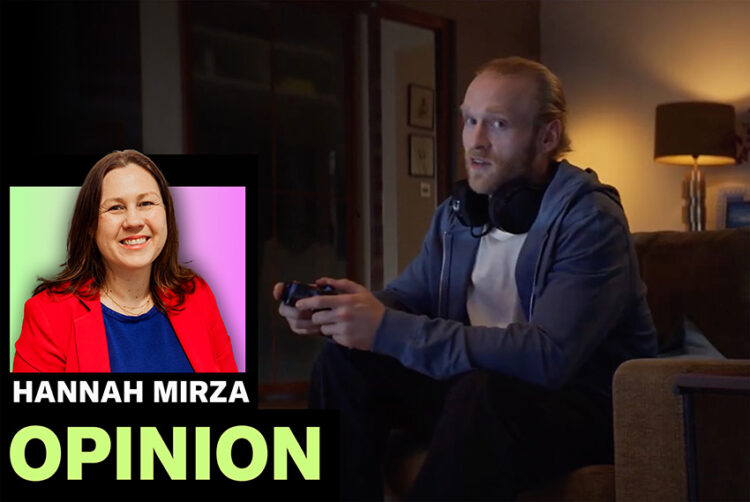Becoming the new accessibility warriors

Opinion
It’s time for digital publishers to grab the opportunity that accessibility brings to boost audiences and revenues.
It’s not often that commercial publishers get praise for their work in improving society. But we should give kudos to those who are leading the way and working hard to boost accessibility across both content and ads.
These efforts can help one in three people feel more connected, according to the Royal National Institute for Deaf People and Royal National Institute of Blind People, by allowing them to enjoy the same content and advertising as the rest of the population.
Not only that, but accessibility solutions also help those who are dual-screening and need captioning to absorb the message, adding to the huge untapped segment of the population that advertisers are failing to reach right now.
Accelerating industry efforts
Today (3 December) is the United Nations’ International Day of Persons with Disabilities and the perfect moment to emphasise that now is the time to accelerate industry efforts.
All media owners need clear, planned pathways to solutions that will encourage brands to adopt captioning and/or audio description as standard.
Keeping this vital (and often overlooked) audience engaged will not only boost viewership but also have a direct impact on publishers’ bottom lines.
There are great examples from the work that Channel 4 has done around the Paralympic Games and ITV’s step-change on VOD advertising on its platform — but there’s opportunity for publishers to do more.
Room for improvement
Currently, less than 25% of ads are subtitled, with a further 7% being audio-described, so the potential for improvement exists. Admittedly, much of the potential for improvement in this area is shared with brands, but if publishers build easy-to-access solutions, it will make it easier for them to green-light a new approach.
Commercial publishers can make a compelling case for brands to build accessibility into their media budgets. For a start, it’s low-cost — adding captioning to ads in most cases is a few hundred pounds, for which they get a potential 30% spike in reach.
When it comes to publisher costs, the technology is already being built for content. Automated captioning isn’t perfect, of course, but it offers a good place to start and, with a human eye to oversee AI’s first draft, the results can be accurate.
While broadcasters are being encouraged to make the shift to captioning and audio description by Ofcom regulations, commercial publishers have more freedom to act or not to act.
Showcasing opportunities
It’s hard enough to build an audience in today’s complex and rapidly changing digital landscape, so why would you want to exclude a large proportion of it?
Publishers that get left behind on the accessibility curve will find their audience numbers decline, with those who have disabilities turning to destinations where their needs are more recognised more of the time.
Right now, the biggest impact that commercial publishers can generate is through showcasing the opportunity they offer to brands in making these changes.
- Publishers should demonstrate their growing audiences when accessibility comes as standard for their content and highlight why it makes sense to include ad breaks in their holistic offer.
- They can educate brands about the low cost of participation as well as the benefits of reaching an additional 30% of their audience — handily reducing CPMs, CPAs and almost every other KPI that might be business-critical.
To demonstrate an ongoing commitment to making ads accessible for all, publishers should sign up to join the Ad Accessibility Alliance, led by Isba and the World Federation of Advertisers. The alliance will also be sharing best practice for agencies, brands and publishers in the near future.
When accessibility becomes the norm, we all win — as a society, as an industry and as publishers.
 Hannah Mirza is founder and CEO of Responsible Marketing Agency
Hannah Mirza is founder and CEO of Responsible Marketing Agency




